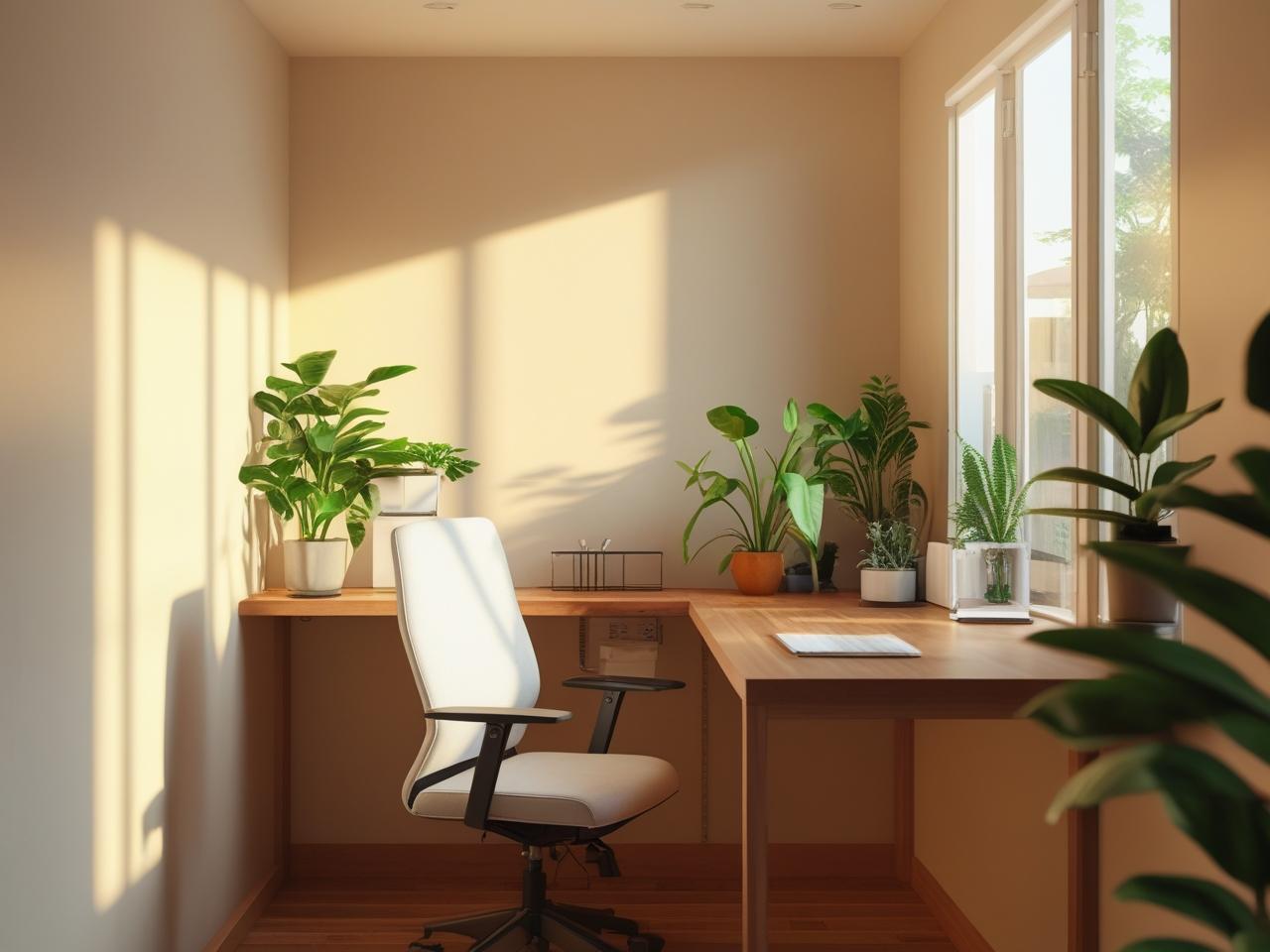The Secret of Highly Organized People
Have you ever wondered how some people seem to have everything under control? Their workspaces are neat, they never miss deadlines, and they somehow manage to balance work, life, and personal goals effortlessly. The truth is, highly organized people aren’t born that way — they build systems and habits that help them stay on top of things.
Being organized isn’t about being perfect or rigid. It’s about creating a structure that supports clarity, reduces stress, and makes space for what really matters. In this article, we’ll uncover the practical secrets of highly organized people — and how you can apply them to your life today.
1. They Prioritize Ruthlessly
Highly organized people know that not everything is urgent — or important. Instead of reacting to everything that comes their way, they:
-
Use tools like the Eisenhower Matrix to separate tasks by urgency and importance
-
Focus on high-impact activities, not just busywork
-
Say “no” to distractions and low-priority tasks
By focusing on what matters most, they make better use of their time and energy.
2. They Plan Ahead — Daily and Weekly
Organization starts with intentional planning. Rather than winging it, organized people carve out time to map out their tasks.
Their routines often include:
-
A weekly planning session (usually Sunday) to review goals and set priorities
-
A daily review every morning to adjust the to-do list
-
Regular time blocks for deep work and breaks
This planning habit keeps them proactive instead of reactive.
3. They Use Systems (Not Just Motivation)
Motivation is fleeting. That’s why organized people rely on systems — processes and routines that reduce decision fatigue and create structure.
Examples:
-
A morning routine that includes journaling, planning, or exercise
-
Digital or paper task lists categorized by project
-
Automating bills, grocery orders, or recurring tasks
Systems remove friction and make organization feel effortless.
4. They Declutter Regularly
Clutter creates visual and mental stress. Highly organized people maintain a clear space by practicing regular decluttering habits:
-
The “one in, one out” rule: for every new item, something else goes
-
Weekly review of inboxes, files, and surfaces
-
Seasonal wardrobe or home purges
A tidy space supports a tidy mind.
5. They Rely on Tools That Work for Them
You don’t need to use every productivity app out there. Highly organized people find tools that fit their style — and stick with them.
Popular tools include:
-
Digital: Notion, Trello, Todoist, Google Calendar
-
Analog: Bullet journals, paper planners, wall calendars
-
Hybrid: Paper for weekly overviews, apps for daily tasks
The key isn’t the tool — it’s using it consistently.
6. They Batch Similar Tasks
Multitasking lowers efficiency and increases stress. Organized people stay productive by batching similar tasks together.
For example:
-
Respond to all emails in a 30-minute window
-
Do all admin tasks on Mondays
-
Schedule calls in the afternoon back-to-back
Batching reduces context switching and keeps your brain focused.
7. They Create “Homes” for Everything
Lost items cost time and energy. Organized people solve this by giving everything a designated place.
This applies to:
-
Physical items (keys, chargers, pens)
-
Digital files (naming conventions and folders)
-
Mental space (journals for ideas, inboxes for tasks)
When everything has a “home,” you eliminate constant searching and frustration.
8. They Protect Their Time
Being organized also means guarding your schedule fiercely.
They:
-
Set boundaries on meetings and interruptions
-
Block time for focused work and rest
-
Build buffers into their calendar (for travel, transitions, or overflow)
Time is their most precious resource — and they treat it that way.
9. They Reflect and Adjust
Organization isn’t static. Highly organized people regularly reflect on what’s working — and what’s not.
Weekly or monthly, they ask:
-
What did I accomplish this week?
-
What created unnecessary stress or friction?
-
What can I change next week?
This reflection turns organization into a flexible, evolving system.
Organization Is a Practice, Not a Personality
You don’t have to be naturally tidy or hyper-disciplined to be organized. You simply need systems that work for you, habits that reduce mental clutter, and the willingness to stay intentional about how you manage time and space.
Start with one or two ideas from this list. Maybe you clean your desk, plan tomorrow’s tasks, or set a 30-minute window to handle all emails.
Over time, those small steps will stack into a calm, clear, and productive life — one habit at a time.

